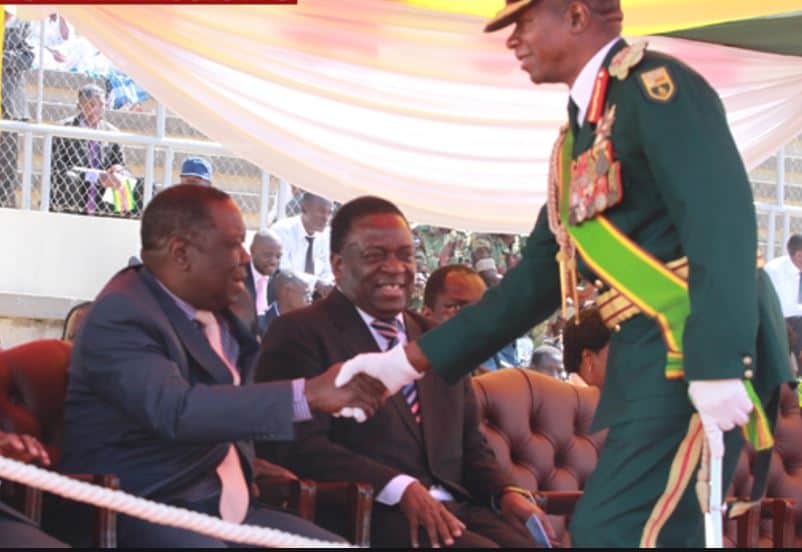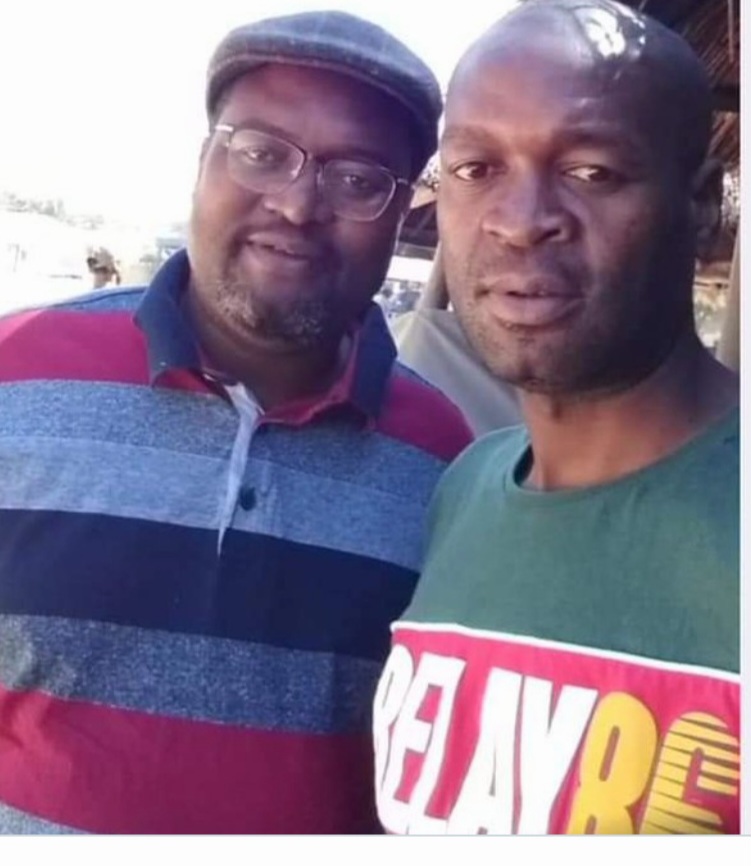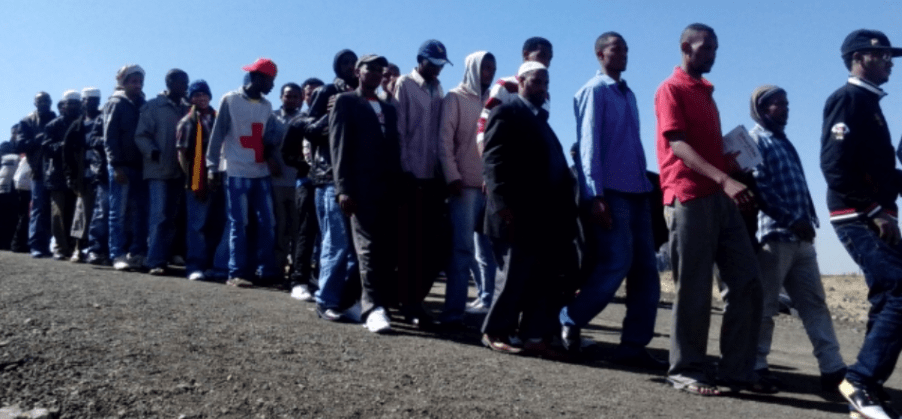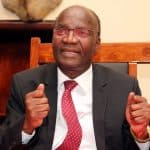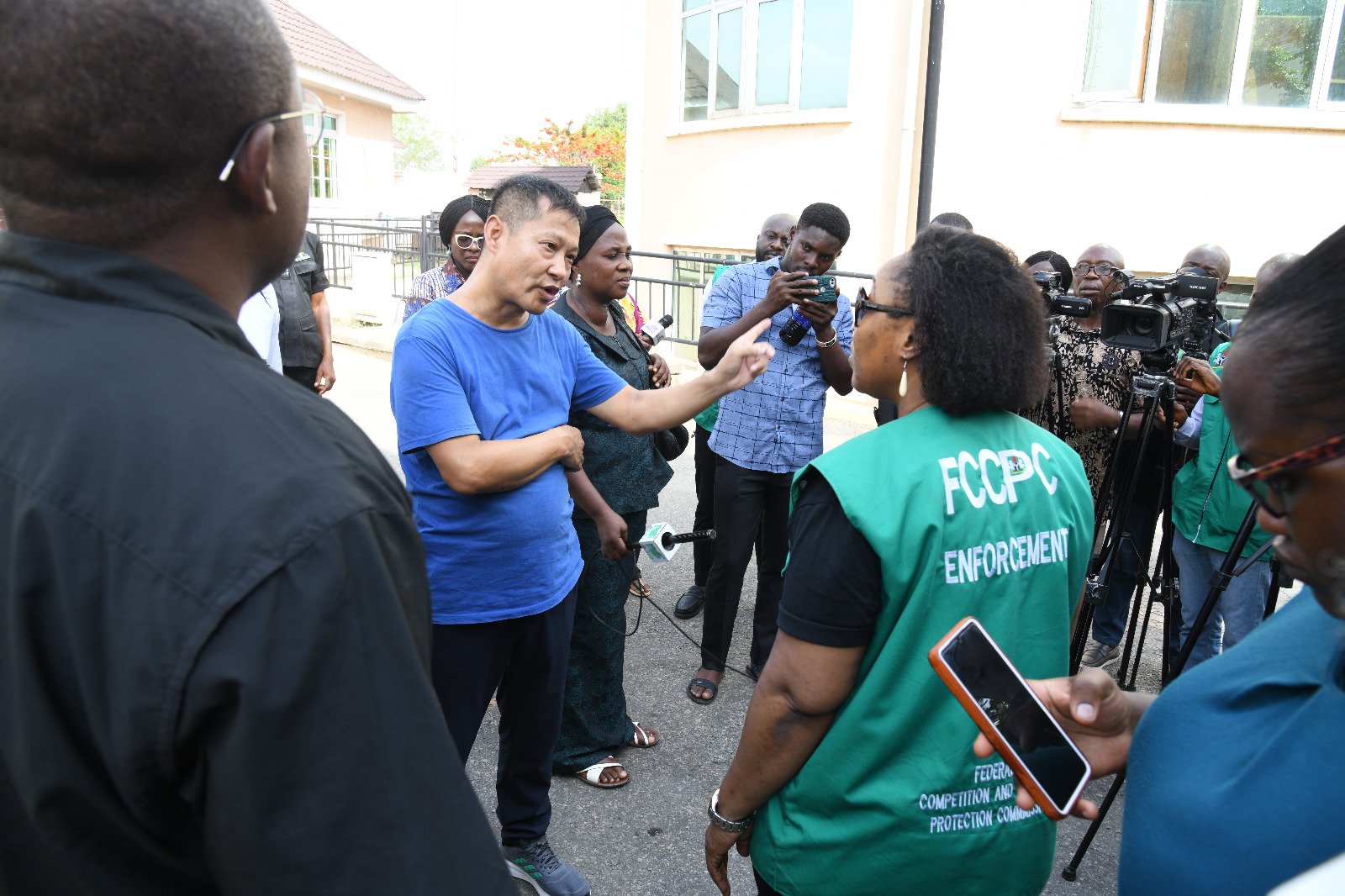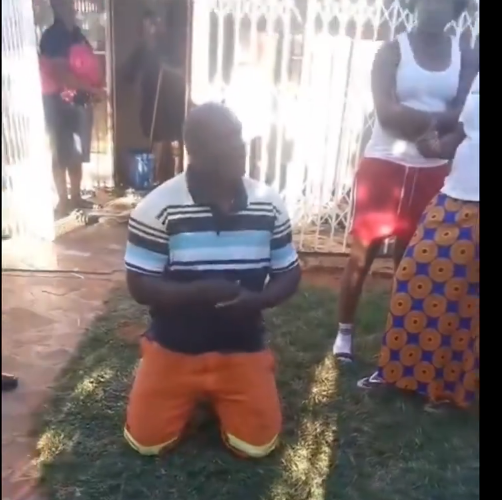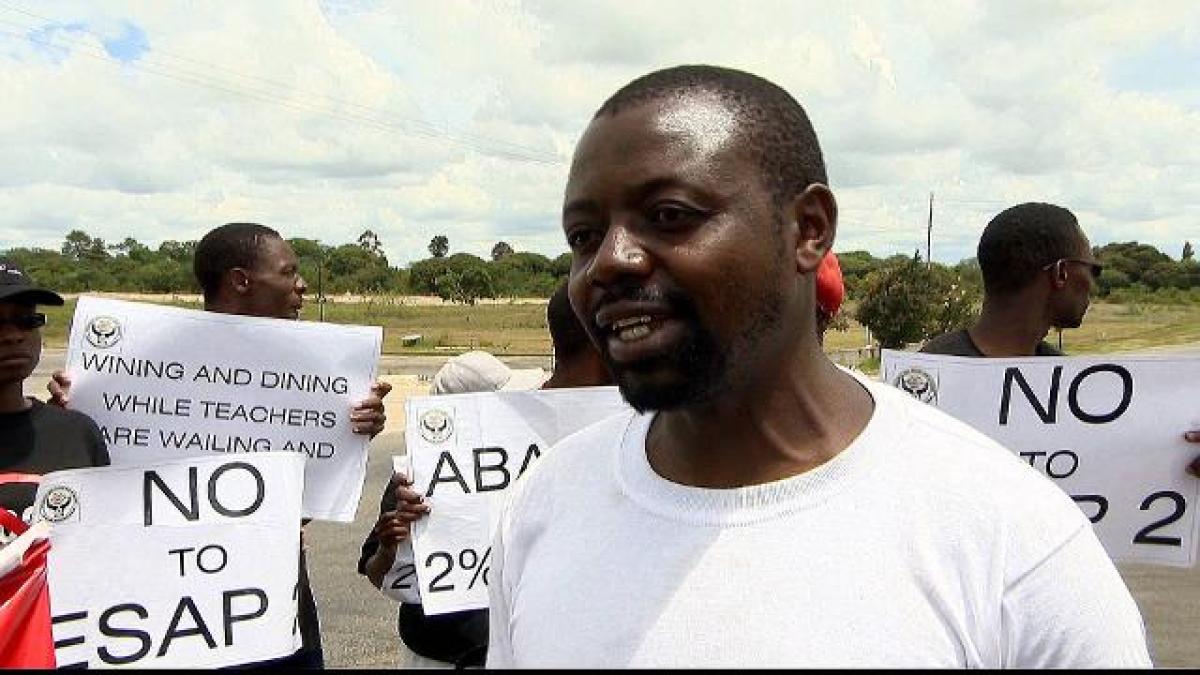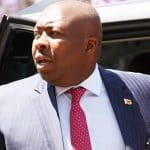Mugabe in “extremely poor health” and had told his wife, Grace, that “his days on earth are fast becoming less and less”
Top Zimbabwe security force officials have been clandestinely meeting with Mnangagwa for the past few days to discuss Mugabe. They all agree that Mugabe is now a security threat due to his ill health
In January, a photograph appeared in Zimbabwe’s media showing Vice President Emmerson Mnangagwa enjoying drinks with a friend. In his hand was a large novelty mug emblazoned with the words: “I‘M THE BOSS.”
To supporters of President Robert Mugabe, the inscription bordered on treason. They suspected that Mnangagwa, nicknamed The Crocodile, already saw himself in the shoes of Mugabe, 93 years old, increasingly frail and the only leader the southern African nation has known since it gained independence from Britain in 1980. Those Mugabe supporters are not alone.
Mnangagwa realizes he needs the white farmers on the land when he gets into power … he will use the white farmers to resuscitate the agricultural industry
According to politicians, diplomats and a trove of hundreds of documents from inside Zimbabwe’s Central Intelligence Organization (CIO) reviewed by Reuters, Mnangagwa and other political players have been positioning themselves for the day Mugabe either steps down or dies.
Officially, Mugabe is not relinquishing power any time soon. He and his ruling ZANU-PF party are due to contest an election next year against a loose coalition led by his long-time foe, Morgan Tsvangirai.
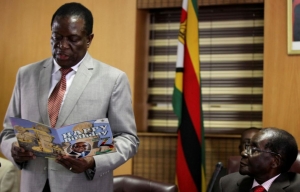
Mugabe, Mnangagwa
But the intelligence reports, which date from 2009 to this year, say a group of powerful people is already planning to reshape the country in the post-Mugabe era. Key aspects of the transition planning described in the documents were corroborated by interviews with political, diplomatic and intelligence sources in Zimbabwe and South Africa.
The documents and sources say Mnangagwa, a 73-year-old lawyer and long-standing ally of Mugabe, envisages cooperating with Tsvangirai to lead a transitional government for five years with the tacit backing of some of Zimbabwe’s military and Britain. These sources leave open the possibility that the government could be unelected. The aim would be to avoid the chaos that has followed some previous elections.
This unity government would pursue a new relationship with thousands of white farmers who were chased off in violent seizures of land approved by Mugabe in the early 2000s. The farmers would be compensated and reintegrated, according to senior politicians, farmers and diplomats. The aim would be to revive the agricultural sector, a linchpin of the nation’s economy that collapsed catastrophically after the land seizures.
Mnangagwa feels that reviving the commercial agriculture sector is vital, according to the documents. “Mnangagwa realizes he needs the white farmers on the land when he gets into power … he will use the white farmers to resuscitate the agricultural industry, which he reckons is the backbone of the economy,” a Jan. 6, 2016 report reads.
Mnangagwa did not respond to repeated requests for comment about the intelligence documents or the photograph of him holding the mug. An aide in his office said questions should be sent to the Ministry of Media, Information and Broadcasting Services. The ministry did not respond to questions.
Tsvangirai, a 65-year-old former union leader who enjoys broad popular support, told Reuters in an interview in June he would not rule out a coalition with political opponents, such as Mnangagwa, and wanted white farmers to come back into a “positive role.”
Asked about reports in the intelligence documents that potential coalition partners or their intermediaries had held secret meetings, Tsvangirai told Reuters in August: “I’ve never met with Mnangagwa’s people to discuss cooperation or coalition. There was an intention expressed by Mnangagwa’s people for us to meet to discuss various issues, but that meeting never took place.”
According to the intelligence reports, Mugabe got wind of Mnangagwa’s ideas about white farmers earlier this year. “Mugabe is totally against the idea of Mnangagwa being too friendly to the whites,” a report dated Feb. 27 says. “He fears that Mnangagwa will reverse the land reform by giving farms back to the whites.”
Mugabe’s office did not respond to requests for comment.
A spokesman for the British embassy in Zimbabwe’s capital, Harare, said the UK was not involved in any plan for a coalition to succeed Mugabe. “The UK does not back any party, candidate, faction or coalition in Zimbabwe. It is up to Zimbabweans to choose who they want to govern them through a free and fair election.” The embassy said rumors and leaked intelligence documents were promoting disinformation.
The documents cover the gamut of Zimbabwean politics and contain material derogatory of all its major players, including Mugabe. A June 13 report said Mugabe was in “extremely poor health” and had told his wife, Grace, that “his days on earth are fast becoming less and less.”
Reuters has not been able to determine the intended recipients of the documents or their exact origin within the CIO. The intelligence agency officially reports to Mugabe but has splintered as opposition to his rule, which has lasted 37 years, has grown, according to two Zimbabwean intelligence agents interviewed by Reuters. The CIO did not respond to requests for comment sent to it through Mugabe’s office.
The intelligence reports say that some of Mugabe’s army generals are starting to swallow their disdain for Tsvangirai, who, as a former union leader rather than liberation veteran, has never commanded the respect of the military. The majority of senior military officers “are saying that it is better to clandestinely rally behind Tsvangirai for a change, and have secretly rubbed shoulders with Tsvangirai and cannot see anything wrong with him,” a report dated June 2 this year says.
A report dated June 13 this year says: “Top security force officials have been clandestinely meeting with Mnangagwa for the past few days to discuss Mugabe. They all agree that Mugabe is now a security threat due to his ill health.”
An army spokesman did not respond to written and telephone requests for comment. reuters

